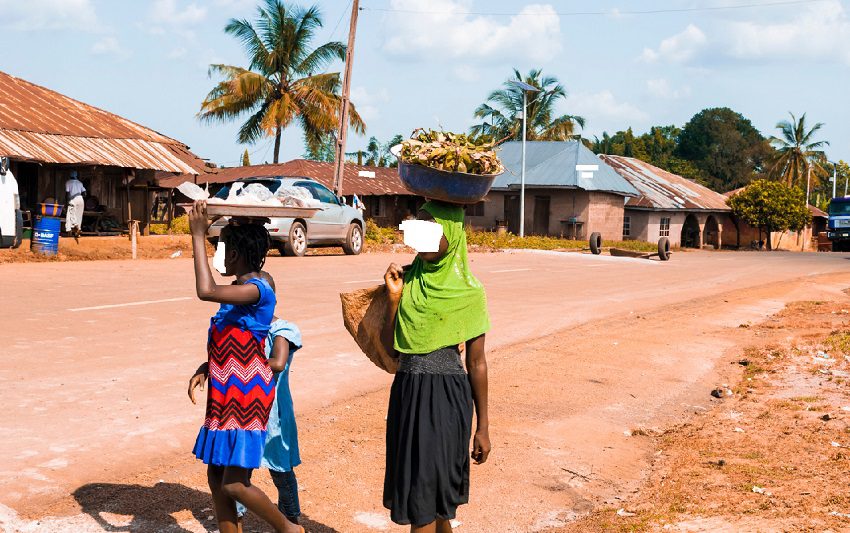There are 17.81 million out-of-school children in Nigeria, according to 2023 data by the United Nations Children’s Fund (UNICEF). Northern Nigeria accounts for 15.23 million while the southern part accounts for 2.58 million of the affected children.
In another data, the Global Education Monitoring Report of the United Nations Educational, Scientific and Cultural Organization (UNESCO) put the global number of out-of-school children at 250 million, by Nigeria’s figure of 17.8m, it means the so-called giant of Africa accounts for 7.124% of the global out-of-school children.
With Kebbi State leading the pack with 65% and followed by Zamfara with 61%, here is the list of top 10 states with the most out-of-school in the acclaimed Africa’s biggest economy:
- Kebbi: 65%
- Zamfara: 61%
- Bauchi: 61%
- Yobe: 58%
- Gombe: 54%
- Sokoto: 53%
- Borno: 51%
- Jigawa: 44%
- Niger: 40%
- Katsina: 33%
- Kano: 32%
- Adamawa: 30%
By ethnicity
By ethnicity, the UNESCO data reveals that Hausa has 8.11 million out-of-school children, followed by the Fulani with 3.31 million affected children: Check the rest of the data:
- Hausa: 8.11 million
- Fulani: 3.31 million
- Kanuri: 982K
- Yoruba: 856K
- Igbo: 797K
- Tiv: 216K
- Ijaw: 132K
- Ibibio: 120K
- Edo: 99K
- Others: 3.19 million
By grade:
Even though the country is celebrating its 20th anniversary of launching free Basic Education, children that are meant to be in primary schools close 9 million:
- Primary: 8.98 million
- Junior Secondary: 3.92 million
- Senior Secondary: 4.91 million
The Compulsory, Free Universal Basic Education Act was signed into law in 2004 and UBE March 2024 data shows that some states are yet to access the N54.93 billion grant for Basic Education (UBE).
By Geopolitical zone
Using the six geopolitical zones in the country, Northwest Nigeria has the highest with 8.04 million roaming the streets due to multifaceted problems such as poverty, gender reasons, nomadism, disability, ethnicity, and displacement due to terrorism activities. The southeast has the least out-of-school children in Nigeria with just 664,000.
- North West: 8.04 million
- North East: 5.06 million
- North Central: 2.12 million
- South West: 1.15 million
- South South: 769K
- South East: 664K
Meaning of out of school children
Children are said to be out of school when they are within the school-age-bracket, but are not enrolled or are forced to discontinue their education due to debilitating factors such as gender inequality, poverty, war, displacement due to war and terrorism, nomadism, disability, and ethnicity.
Should its leaders be worried?
Absolutely YES.
Nigeria’s 17.81 million out-of-school children is more than the entire population of some countries, such as The Netherlands (17.6 million); Belgium’s 11.6 million, and also more than the population of the United Arab Emirates (UAE), UAE’s population was 9.5 million at the end of 2023.
The number of children not in school in Nigeria is also more than the population of some African countries such as Tunisia, Senegal, and Somalia


